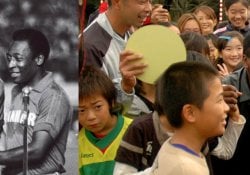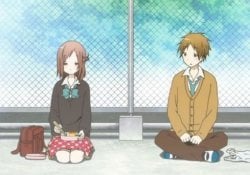The anime, which has a captive legion of fans around the world, not only enchants for its immersive story, but also for the depth of its characters..
It is not today that anime has gained more and more space around the world. Among them, the most famous is Naruto, which, despite having ended, still maintains a very loyal legion of fans, even with such a controversial sequel.
Despite the anime, which was the one that reached most of a generation, it was also released in manga, to be published on September 21, 1999. It was released in Shonen Jump magazine, and lasted until 2014.
Due to the great sales success, an anime began to be developed by Studio Pierrot and Aniplex, and would be broadcast on TV Tokyo, Japan. The first episode aired on October 3, 2002, and as expected, it was an instant crush, and ended up yielding 220 episodes in total, with the last being broadcast on March 23, 2017.
However, thanks to its quite long history, the studios chose to separate the anime into two phases. The first, which was broadcast from 2002 to 2007, covered his entire pre-adolescence. The second, which lasted from 2007 to 2017, told of his adventures during his adolescence.
*WARNING: SPOILERS FROM NOW ON*
But now turning our attention to the story, which was written and drawn by Masashi Kishimoto, we follow the character Naruto Uzumaki, who has the dream of becoming the Hokage, the leader ninja of the Leaf Village.
However, as the story develops, we see that Naruto is an orphan of both father and mother, and constantly rejected by the residents of the Leaf Village, who are afraid of the destructive spirit that ended up being sealed in his body, Kyuubi, the Nine-Tailed Fox, as the last act of his father, the Fourth Hokage, before he died.
With this difficult childhood, and without a paternal and maternal presence to guide him through his growth, he ended up becoming a difficult child to deal with. So much so that, to get the attention of the members of his village, he starts to give more and more voice to his impulsiveness, and even making some bad jokes.
However, the anime makes it clear that this is an essential factor in the growth of the character, through one of the most striking phrases of the anime, and which ended up going viral on social media years ago.
"Naruto can be a bit tough sometimes, maybe you don't know this, but he also grew up without a father. In fact, he never knew any of his parents, and never had any friends in our village..."
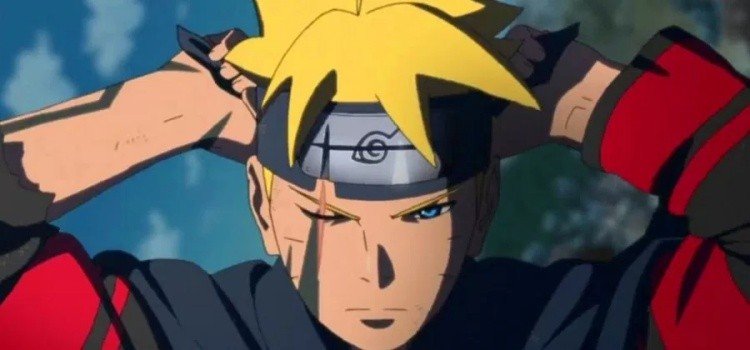
Even with all this, Naruto doesn't give up on his dreams, despite the many difficulties he goes through along the way to become a Hokage of the Leaf Village. This ends up sending a very positive message, of overcoming and persistence in their goals, well indicated for children and adolescents during their growth.
However, one of the things that we can say that draws our attention, mainly for the development of the idea of this text, is not the story itself, but the factors that lead to the behavior of the main character.
This is because the main traits of the character, such as having difficulty in studying, being always agitated, euphoric, with a childish and naive behavior, not to mention the difficulty in concentrating, are factors that could diagnose him as having Attention Deficit Disorder and Hyperactivity, better known as ADHD.
In addition to these factors, the character also has some traits of inferiority complex. They are directly linked to his childhood, marked by the lack of his parents during his formation as an individual, in addition to being completely rejected by practically everyone around him.
This reality prevented him from developing properly emotionally, developing in him a difficulty in making decisions and an almost compulsive need to want to please everyone around him.
However, even with this difficulty in relating to other people around him, Naruto ends up developing bonds with several other characters, as he walks to fulfill his dream. This causes him to change his sense of the world, and even use his situation to help opponents and friends find their way.
Even with all this, several other characters, who were also marked by various traumas during their childhood, did not have such a happy ending as Naruto's, and we will go through each of them individually.
Índice de Conteúdo
Gaara
Although Gaara belongs to the Sand Village, he has a history very similar to Naruto's. This narrative similarity ended up yielding a very touching episode in one of the seasons, where both face each other.
From his birth, he was considered a monster, as his mother died giving birth to him, and his father, in addition to blaming him for the death of his wife, also sealed a beast inside him, Shukaku, the sand demon. , as a way of using it as their country's ultimate weapon.
As he grew older, he was increasingly rejected and feared by the members of his village, for fear of the beast caged in his body. But the event that drastically changed his sense of the world was when he experienced trauma involving the only person he trusted.
With that, he simply ended up isolating himself from the world around him, creating a protective shell of insensitivity around him. He was eventually saved by Naruto, who showed him the way where he could protect people, and finally be seen as a human, not a monster.
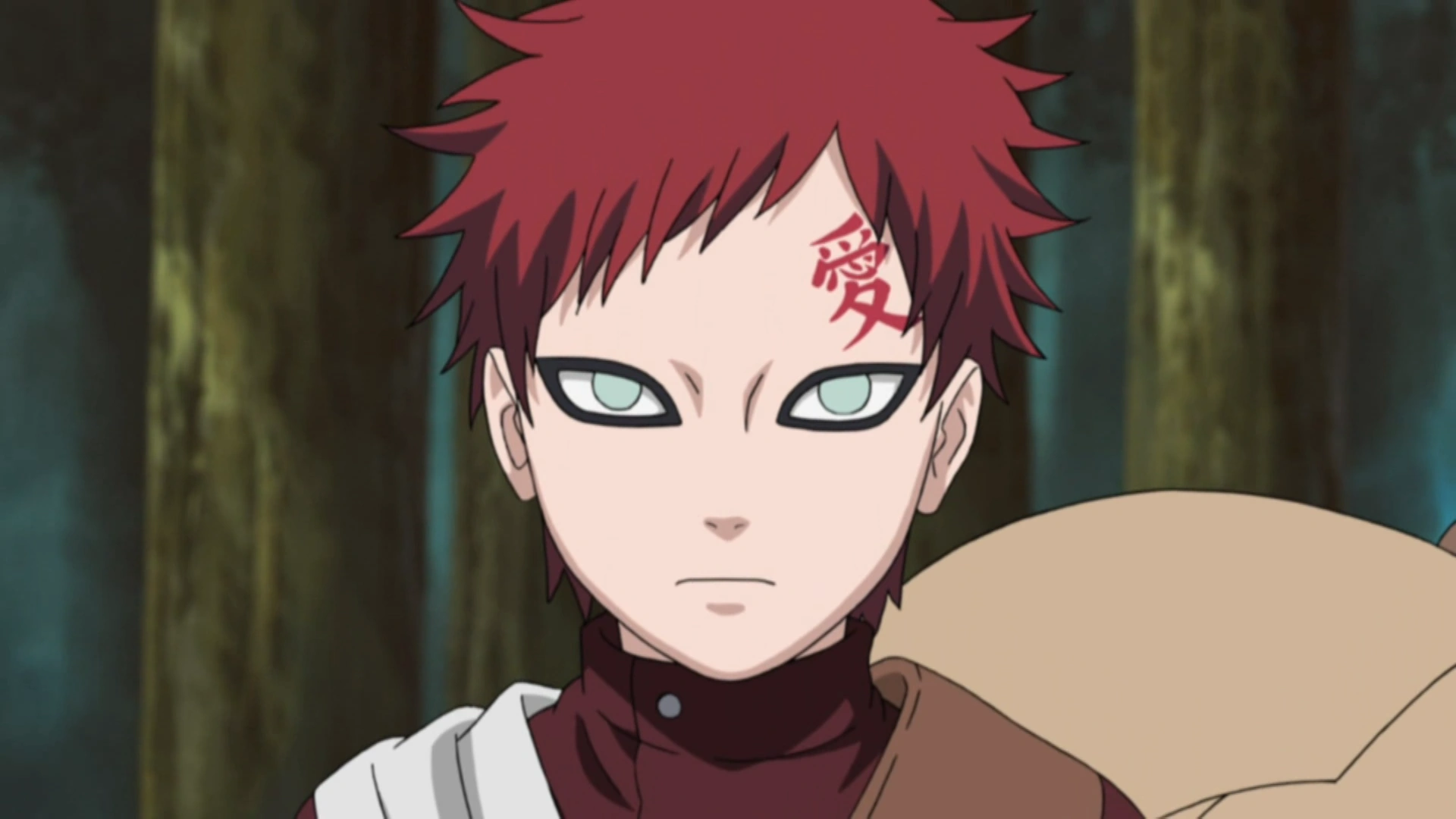
Itachi Uchiha
This character, at age 4, ended up witnessing a huge amount of deaths during the 3rd Ninja War, which ended up making him an introspective, reflective and mature child, although very young.
His great attachment to his brother Sasuke Uchiha made his desire to protect him from all the horrors he experienced during his childhood lead him to carry out the massacre of the Uchiha clan, in order to avoid a coup d'etat and even greater chaos.
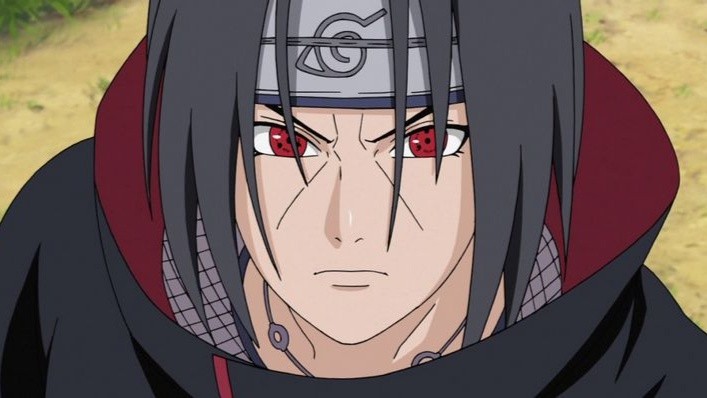
Madara
Of course, his older brother's behavior ended up having the opposite effect of what was intended. But let's take it easy, and start from the beginning, so you can understand the impacts of the attitudes that Itachi had on Sasuke's mind.
Since he was little, Sasuke lived in his brother's shadow, which ended up giving him an inferiority complex. A lot of this is when it's shown that the character ends up striving to be the best in the class, in the hopes that his father will show him some affection.
This ends up showing his ingrained need to show others, and also himself, how good he is, and even better than his brother, even though his family doesn't recognize it.
With the murder of his clan, by his brother he admired so much, he ended up becoming a “joyless to live” child, and also marked his downfall, which can be diagnosed as Post Traumatic Stress Disorder (PTSD). ).
Due to this, his life begins to focus only on revenge against his brother, and he has difficulty in relating and trusting the people around him, due to such a great trauma in his childhood.
When he meets Naruto, much of the feelings he had with his brother are transferred to the main character, which further increases the rivalry between the two. For all intents and purposes, this obsession with getting stronger can very well be compared to Obsessive Compulsive Disorder (OCD) as well.
These are just a few characters who have traumas within the story of Naruto, and, despite serving as an often captivating narrative element, in real life, he's not that glamorous.
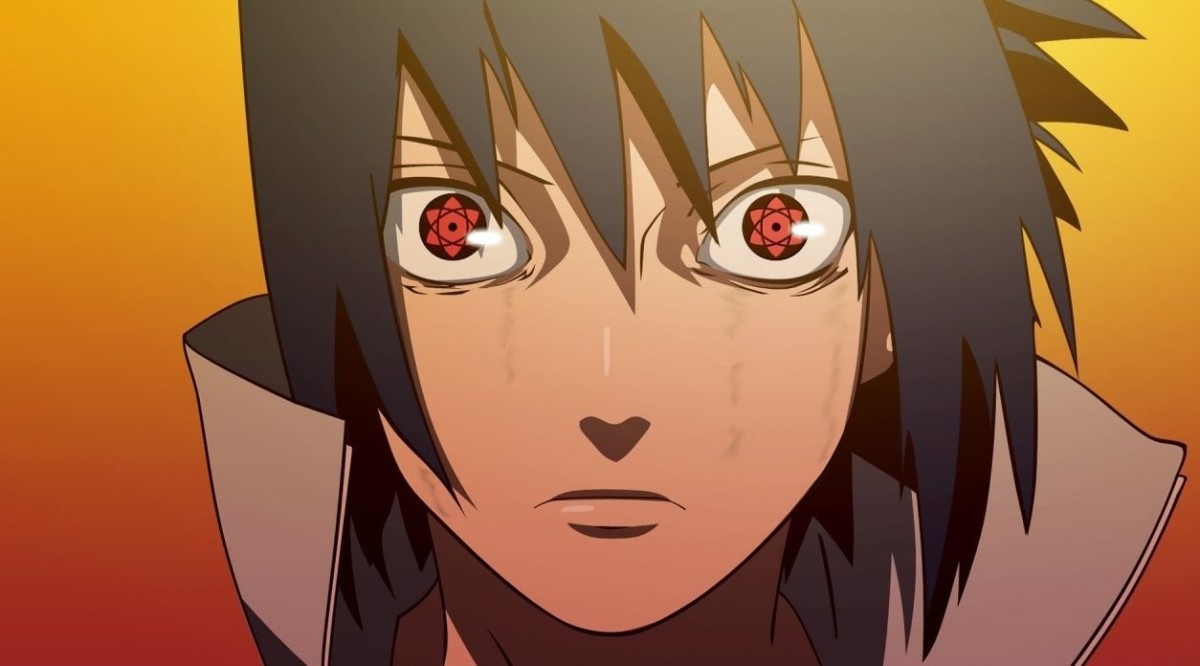
The article is still halfway through, but we recommend also reading:
Real life
Therefore, it is very important that they are closely monitored by professionals with a degree in Psychology. This is essential, as this can result in an improvement in their performance and acceptance by the whole society.
But not only that, professional help extends to virtually every other psychological disorder presented here and many others, such as depression, anxiety, panic attacks, among others.
Regardless of age, this can have serious consequences, not just for you, but for everyone around you. Therefore, look for a psychologist, as this attitude can help to overcome many traumas, even if we do not recognize that we have them.


